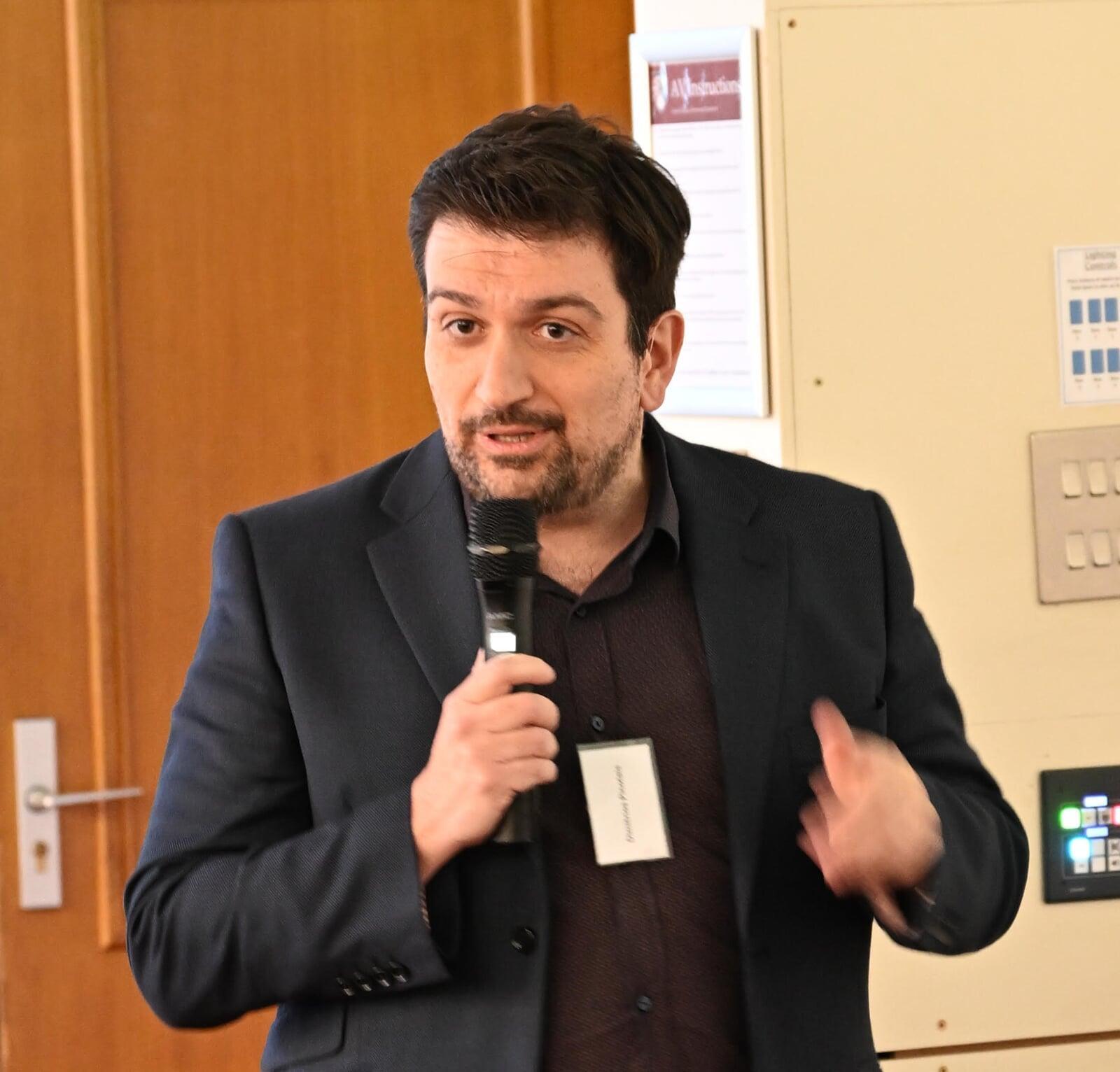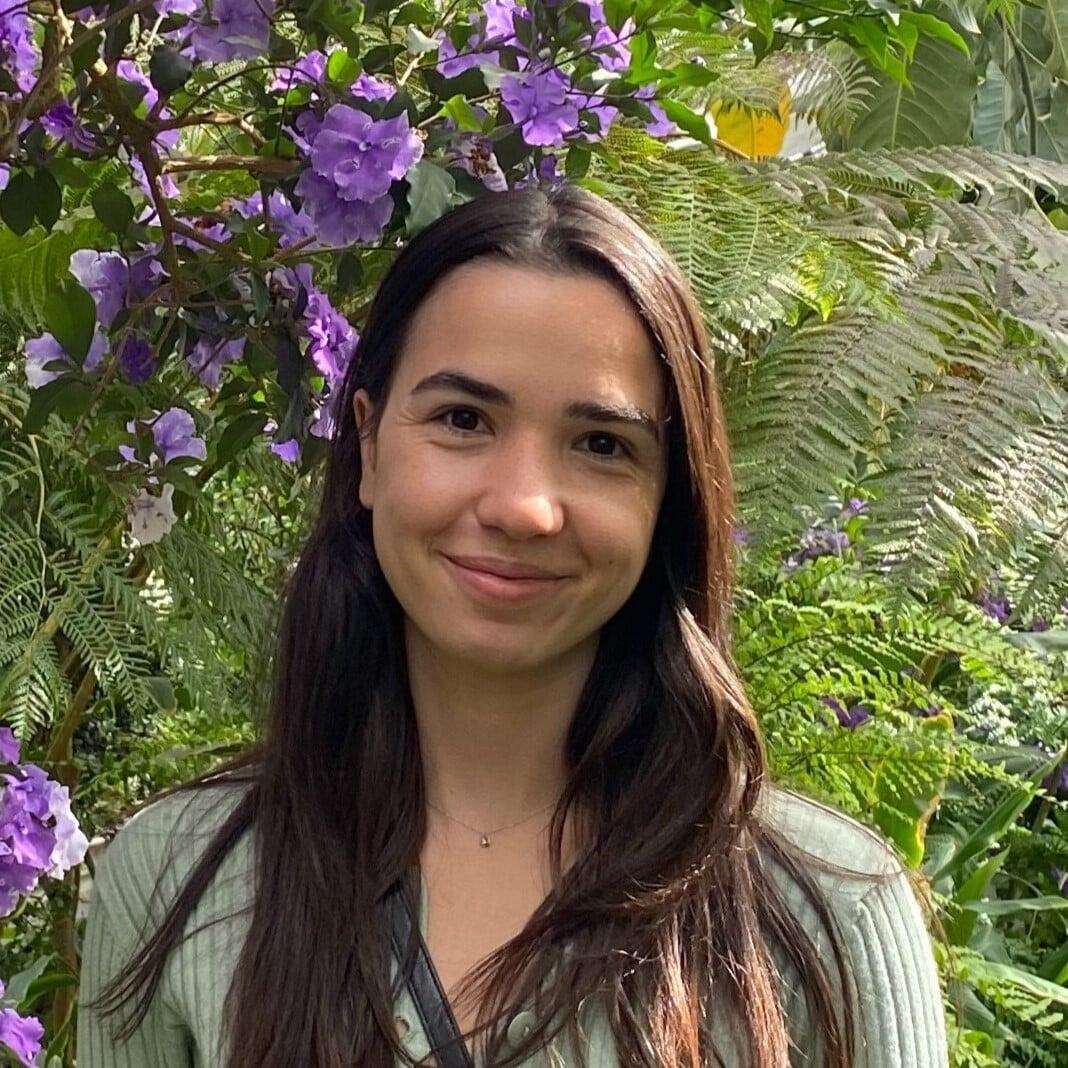
Dimitris Pinotsis, PhD (PI)
Dimitris is an Associate Professor (Reader) at the Department of Psychology and Neuroscience at City St George's, University of London and head of the computational neuroscience and psychiatry lab (www.pinotsislab.com). He is also the Editor-in-Chief of the Journal of Computational Neuroscience published by Springer Nature and a Research Affiliate at MIT’s Miller Lab. A theoretical neuroscientist with a PhD in Mathematics and an MSc in Theoretical Physics from the University of Cambridge in England where he worked with Thanasis Fokas, Dimitris published more than fifteen papers in mathematics and physics journals and then decided to pursue a career in neuroscience, his true passion. Dimitris then worked with Peter Grindrod on mathrematical neuroscience and spent six and a half years at University College London (UCL) working with Karl Friston on theoretical neuroscience and data analysis. He continued at the Massachusetts Institute of Technology (MIT), where he worked with Earl Miller on using predictive coding and deep neural networks to address fundamental questions in cognitive neuroscience. In 2018, he joined the Center for Mathematical Neuroscience and Psychology at City St George's—University of London as an Assistant Professor (Lecturer).
Dimitris' research has been funded by the NIH, US Air Force Office of Scientific Research, UK Research Councils (EPSRC, ESRC, Innovate UK) and several UK charities. It spans diverse areas including machine learning, the analysis of big data in neuroimaging, theoretical neurobiology and nonlinear systems in mathematical physics. Dimitris has received over 10 Fellowships from Cambridge Isaac Newton Trust, Onassis Foundation, NATO, Bernstein Organization and others. He is also the recipient of several awards including an OCNS Award, a Smith-Rayleigh Prize of the University of Cambridge and a Poincare Institute Award.
Principal Investigator

Julia Rodriguez Sanchez

Namrata Nagendra
PhD Student

Darshan Gohil
Research Assistant

Nils Byrkjeland
Graduate Student

Andrea Vidal Lazaro
Graduate Student
Senior Lab Alumni

Sean Fitzgerald, PhD
Sean is a tech start-up veteran and data scientist who holds a PhD from Nanyang Technological University in Singapore. His doctoral research with George Christopoulos focused on understanding decisions made for other individuals (allocentric decisions), in particular the neural mechanisms underpinning the vicarious valuation of human effort. After submitting his thesis, Sean co-founded GolfLine, Inc., a tech firm that used machine learning to evaluate golfers’ offers for tee times. He served as the Director of Data Analytics for GolfLine and developed the key intellectual property and proprietary deep-learning neural networks responsible for the real-time bid classification. Sean's aim is to synthesize best practices from his industry and academic experiences to better understand human behavior, cognition, and neural functioning. When Sean is not staring into the abyss of stack overflow tabs on his computer, he is at the nearest sand or beach volleyball court trying to deliver a perfect hand set.
Former Post Doctoral Research Associate ; Now Research Lead for London based start-up

Fintan Nagle, PhD
Fintan is a a cognitive scientist and software engineer with a background in computer science, vision science and machine learning. His doctoral work at UCL investigated temporal visual search in moving natural scenes. He has also worked on task-switching in automated driving, on visual complexity, and on knowledge networks. Fintan is interested in using machine learning to understand how the brain creates, samples from, and manipulates our environment.
Former Post Doctoral Research Associate; Now a Visiting Lecturer at City and Imperial

Melissa Reneaux, PhD
Melissa is a theoretical neuroscientist with a PhD degree in computational neuroscience from Jawaharlal Nehru University, India. She has a Bachelor’s and Master’s degree in Theoretical Physics from St. Stephen’s College, Delhi. During herdoctoral work with Prof. Karmeshu and Dr. A. Krishnamachari, she investigated the effect of dopamine in working memory maintenance in the prefrontal cortex using mean field models. After completing her doctoral work, she went on to work in the lab of Prof. Claudia Clopath at Imperial College London as a postdoctoral scholar, where she investigated the effect of inflammation in clinical depression.
Former Post Doctoral Research Associate ; Now Assistant Professor at University of Petroleum and Energy Studies (UPES) in Dehradun, India.